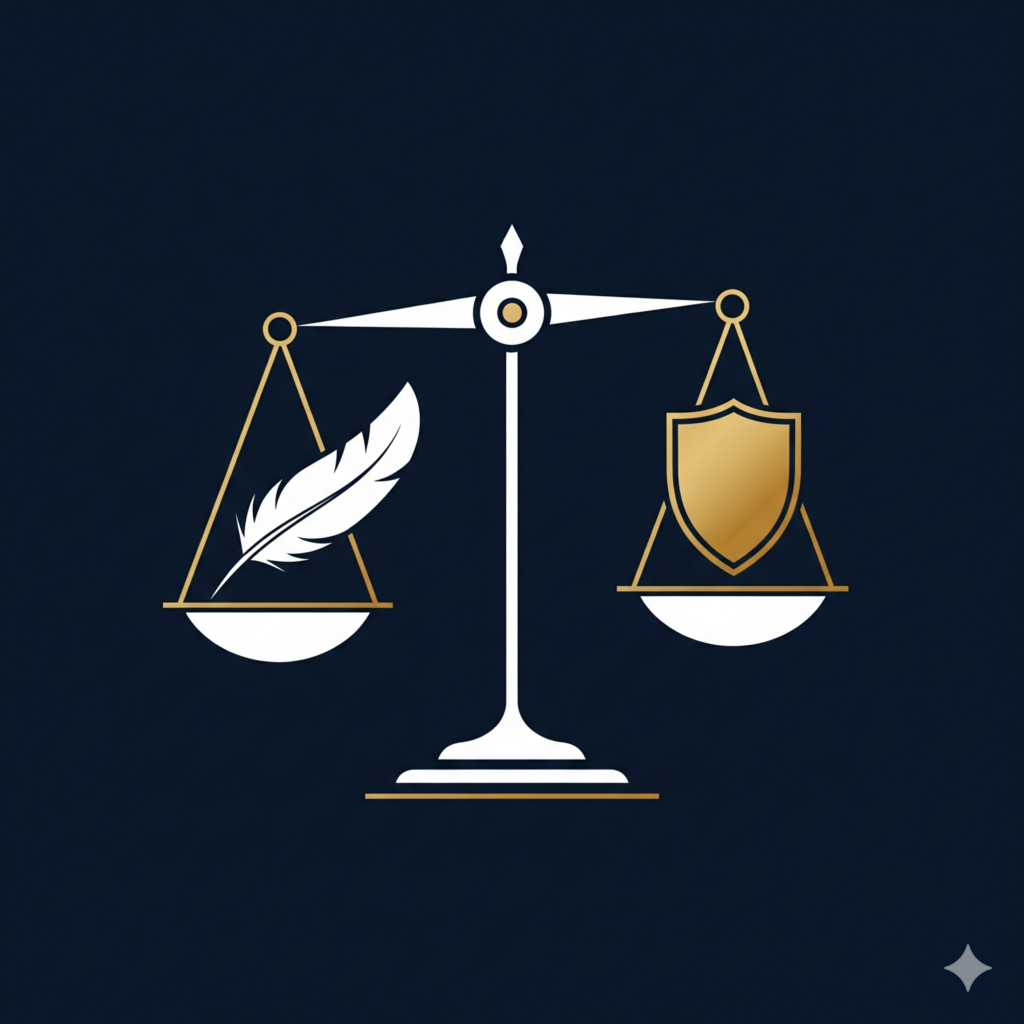This Article is written by Moumita Banerjee, student of 5th Sem, 3 years LL.B.(H) under Burdwan University, West Bengal during internship(2025) at LeDroit India.

■ Key Words:-
1. Criminal Defamation
2. Section 499 IPC
3. Free Speech
4. Right to Reputation
5. Balancing Rights
6. Constitutional Validity
7. Supreme Court of India
8. Defamation Laws
10. Exceptions to Defamation
11. Punishment for Defamation
13. Public Interest
14. Decriminalization of Defamation
■ Introduction:-
Criminal defamation under Section 499 of the Indian Penal Code (IPC) has sparked debate about its impact on free speech. This assignment examines whether criminal defamation laws in India serve as a tool to suppress free speech, considering arguments for and against this perspective.
■ Legal Framework of Criminal Defamation in India:–
– Section 499 IPC: Defines defamation as making or publishing any imputation concerning a person with the intent to harm their reputation.
– Section 500 IPC: Prescribes punishment for criminal defamation, including simple imprisonment for up to two years or a fine.
– Constitutional Validity: The Supreme Court of India upheld the constitutional validity of Sections 499 and 500 IPC in 2016, balancing the right to free speech with the right to reputation.
■ Arguments for Criminal Defamation as a Tool to Suppress Free Speech:-
– Chilling Effect on Free Speech: Critics argue that criminal defamation laws can deter individuals from expressing their opinions, especially when criticizing those in power.
– Potential for Misuse: The law could be used to silence critics, stifle dissent, and suppress free speech.
– Colonial Legacy: Some contend that criminal defamation is a colonial-era law being utilized to gag criticism.
■ Arguments Against Criminal Defamation as a Tool to Suppress Free Speech:-
– Protection of Reputation: The Supreme Court emphasized that the right to reputation is part of the right to life under Article 21 of the Constitution.
– Balancing Rights: The court sought to balance the fundamental right to free speech with the right to reputation.
– Deterrence Against Maligning Others: The government argued that criminal defamation provides deterrence against defaming others.
■ Impact on Free Speech and Reputation:-
– Free Speech Considerations: Criminal defamation laws may restrict speech that is critical or controversial but not necessarily malicious.
– Reputation Protection: The law aims to protect individuals from unwarranted harm to their reputation.
■ Relevant Case Laws:–
– Subramaniam Swamy v. Union of India (2016): The Supreme Court upheld the constitutional validity of Sections 499 and 500 IPC, stating that criminal defamation imposes reasonable restrictions on the right to freedom of speech and expression.
– Parameshwaran Pillai v. Union of India and Ors.: The court ruled that private companies can file defamation suits against individuals.
– D.P. Choudhary v. Kumari Manjulata: The court ruled in favor of the plaintiff after false and damaging information was published in a newspaper.
■ Exceptions to Criminal Defamation (S. 499 IPC):-
– Truth for Public Good: If information is true and benefits the public, it’s not considered defamation.
– Fair Criticism of Public Servants: Criticizing public servants for their conduct in good faith isn’t defamation.
– Other exceptions include fair comment on public conduct, report of court proceedings, and more.
■ Conclusion:-
The debate surrounding criminal defamation under S. 499 IPC highlights the complexities of balancing free speech with the right to reputation. While critics argue that the law can suppress free speech, the Supreme Court has upheld its validity, emphasizing the importance of protecting reputation.
